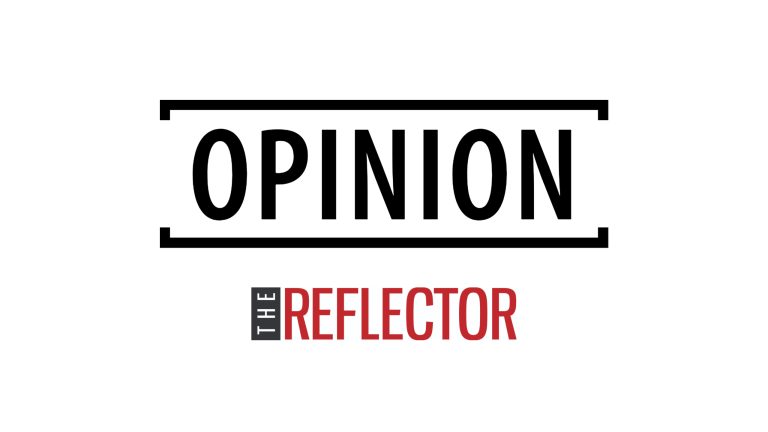In December 2018, Tumblr and Facebook implemented changes to their terms of service that radically police sexual expression. According to an article from Vox entitled “When Tumblr Bans Porn, Who Loses?” Tumblr underwent a so-called purge to remove any explicit visual content from its site. Meanwhile, Facebook amended its policy on sexual solicitation to ban talking about sex at all on the platform.
These changes come in the midst of numerous other digital platforms and social media sites scrambling to adjust their terms of service in light of the double-edged, anti-sex bills known as the Fight Online Sex Trafficking Act/Stop Enabling Sex Traffickers Act. According to an article from The Washington Post, these bills aimed to cut down on illegal sex trafficking online.

However, FOSTA/SESTA does not take into account the dangers it presents to consensual sex workers. Leading up to its passage last April, according to an article from the Huffington Post titled “This Bill is Killing Us,” the bill shut down “a host of advertising and review sites used by sex workers,” notably Craigslist Personals and Backpage. For consensual sex workers, according to the article, this meant losing many inexpensive advertising platforms for their services, which has two harmful implications for them: they can no longer work indoors or safely screen their clients. The Huffington Post article notes that one female sex worker said the bills have forced her back onto the streets.
A further danger to consensual sex workers comes with the revision of Section 230 of the 1996 Communications Decency Act. An extremely pivotal piece of internet legislation, Section 230 says that “no provider or user of an interactive computer service shall be treated as the publisher or speaker of any information provided by another information content provider.” In essence, platforms and ISPs cannot be held responsible for the creations of their users.
The law does nothing to actually target sex trafficking specifically.
However, FOSTA/SESTA creates an exception regarding sex work, wherein, according to Vox, “website publishers would be held responsible for posting ads for prostitution—including consensual sex work—on their platforms.” According to the Huffington Post article, this particular change in policy was what prompted the sudden and broad sweep of frantic terms of service changes across numerous digital platforms. However, the law does nothing to target sex trafficking specifically. The law just broadly demonizes adult content of all forms, regardless of the consequences.
Furthermore, according to anti trafficking organization Freedom Network USA, the reformation of Section 230 in this way is cause for genuine concern. The organization notes that website administrators often provide important data to aid in criminal investigations. However, the reformation of Section 230 “could deter responsible website administrators from trying to identify and report trafficking… and when websites are shut down, the sex trade is pushed underground and sex trafficking victims are forced into even more dangerous circumstances.” An article from NBC titled “Online Sex Ads Rebound, Months After Shutdown of Backpage” notes that the shutdown of sites such as Backpage have made it more difficult for law enforcement to find trafficking victims. This does not even begin to recognize on how the legislation can have a negative impact on marginalized groups, for whom sexual violence is highest.
Broadly speaking, sex trafficking is a problem that certainly must be addressed, but not at the expense of consensual sex workers simply trying to make a living. The anti-sex rhetoric of FOSTA/SESTA provides a damning glimpse into the future of the internet, and moreover, the future of how America views and demonizes those in the sex industry, regardless of their involvement in it. The bottom line is that consensual sex work is work, and sex trafficking should be combated in ways that do not harm individuals because of their career choices.






